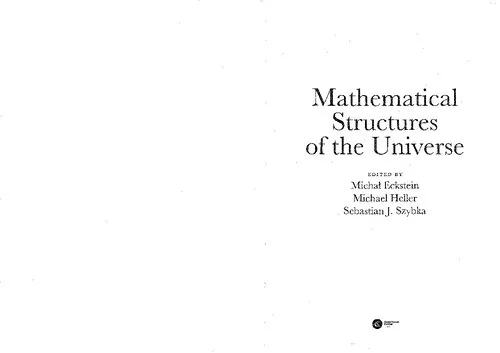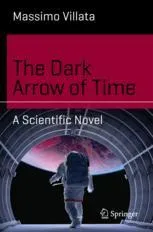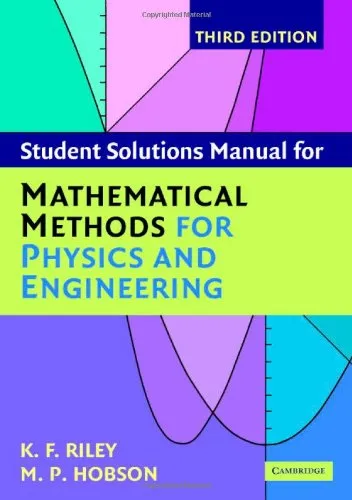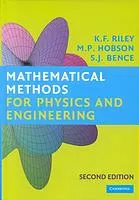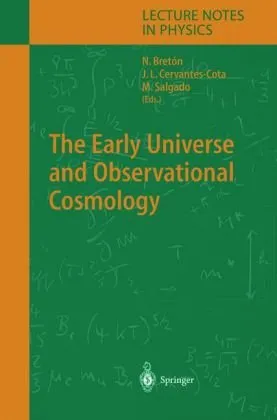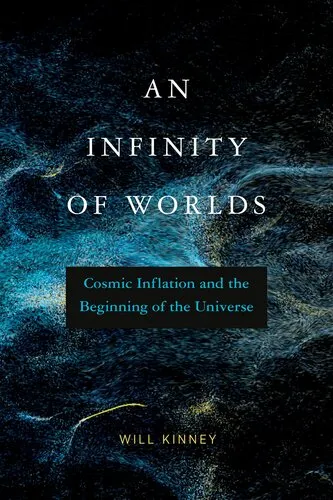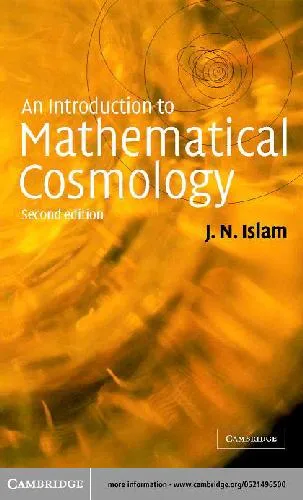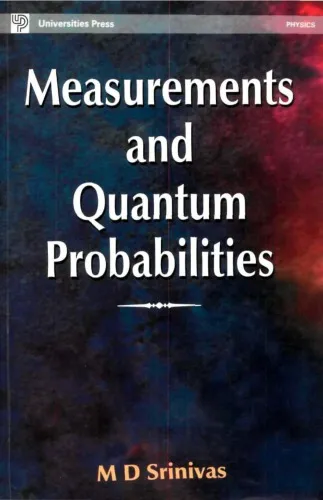Mathematical Structures of the Universe
4.5
Reviews from our users

You Can Ask your questions from this book's AI after Login
Each download or ask from book AI costs 2 points. To earn more free points, please visit the Points Guide Page and complete some valuable actions.Related Refrences:
Introduction to "Mathematical Structures of the Universe"
Welcome to an exploration of the cosmos through the lens of mathematics. "Mathematical Structures of the Universe" takes readers on an intellectual journey to uncover the hidden frameworks that shape our understanding of existence. Written by Michał Heller, Michał Eckstein, and Sebastian Szybka, this book bridges abstract mathematical concepts with the tangible wonders of the universe, guiding readers to think about the fabric of reality in entirely new ways.
This work merges several disciplines, including cosmology, physics, philosophy, and pure mathematics, to present an integrated and profound perspective of the universe’s structure. Designed for scientists, students, and curious minds alike, the book endeavors to illuminate the underlying mathematical principles that govern everything from the smallest particles to the largest galactic systems. What emerges is a comprehensive and insightful account that challenges preconceived notions and inspires fresh thinking.
Detailed Summary of the Book
"Mathematical Structures of the Universe" is divided into carefully curated sections that build upon each other to provide a cohesive narrative. The authors begin by delving into the fundamental mathematical tools and terminologies that are critical for understanding reality. Concepts like differential geometry, topology, and algebraic structures are explored, with an emphasis on how they apply to physical phenomena.
The middle chapters focus on the intersection of mathematics and modern physics, specifically in the contexts of general relativity, quantum theory, and cosmology. The authors illustrate how mathematical formulations provide profound insights, such as explaining the curvature of spacetime, the expansion of the universe, or the quantum fluctuations at the microcosmic level.
Toward the latter part of the book, the inquiry grows increasingly philosophical. Questions such as "What is the nature of mathematical truth?" and "Is mathematics an invention or a discovery?" are rigorously examined. Readers are encouraged to ponder the metaphysical implications of mathematics and its seemingly magical ability to describe the physical universe so precisely.
Ultimately, "Mathematical Structures of the Universe" invites readers to contemplate not just how the universe works, but why mathematics, of all things, appears to hold the master key.
Key Takeaways
- Mathematics serves as the foundational language of the universe, revealing order amidst apparent chaos.
- Interdisciplinary approaches are crucial to understanding complex phenomena; physics and philosophy must work hand in hand with mathematics.
- Modern theories such as general relativity and quantum physics are direct products of sophisticated mathematical reasoning.
- The nature of mathematics—whether invented or discovered—is itself one of the greatest mysteries of human thought.
- By embracing mathematical thinking, we can approach unsolved questions about the cosmos with clarity and precision.
Famous Quotes from the Book
"The universe does not simply exist; it computes. And mathematics is its fundamental algorithm."
"It is not merely the case that mathematics describes the universe. Rather, the universe is mathematical to its core."
"Every equation is a lens through which humanity glimpses the inner workings of reality. Each result brings us both closer to the truth and deeper into mystery."
Why This Book Matters
In an age when the boundaries between science and philosophy are increasingly blurred, "Mathematical Structures of the Universe" stands as a vital contribution. It reminds us that mathematics is not merely a tool but a profound and intrinsic part of the cosmos. This book encourages readers to embrace mathematical thinking to navigate the complexities of modern science, from solving problems in fundamental physics to tackling questions about humanity's place in the vast expanse of spacetime.
More than an academic exploration, this book is a celebration of the human intellect—of our ability to abstract, to reason, and to uncover the laws that govern reality. It is a call to the next generation of thinkers, urging them to seek not just knowledge but the wisdom that lies in comprehending the mathematical structures that define existence.
Free Direct Download
You Can Download this book after Login
Accessing books through legal platforms and public libraries not only supports the rights of authors and publishers but also contributes to the sustainability of reading culture. Before downloading, please take a moment to consider these options.
Find this book on other platforms:
WorldCat helps you find books in libraries worldwide.
See ratings, reviews, and discussions on Goodreads.
Find and buy rare or used books on AbeBooks.
1367
بازدید4.5
امتیاز0
نظر98%
رضایتReviews:
4.5
Based on 0 users review
Questions & Answers
Ask questions about this book or help others by answering
No questions yet. Be the first to ask!
